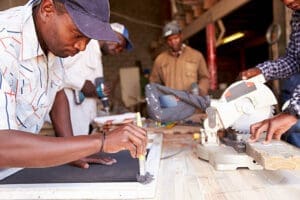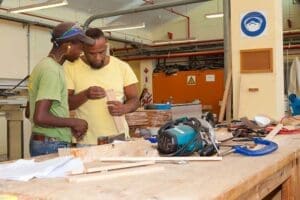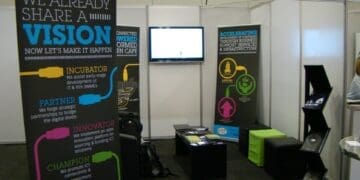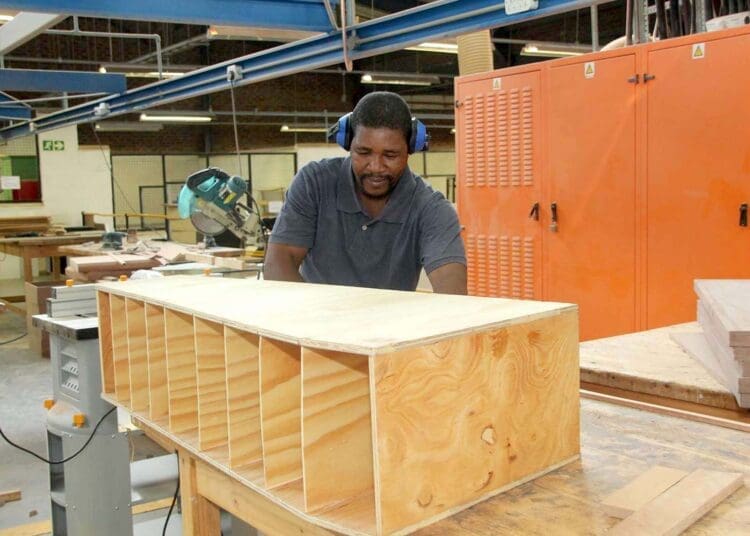By: Anna Majavu
Local furniture manufacturers are going through a tough time, but government entities say more technological advancement and innovation in the sector should help small furniture makers make a profit in a very competitive industry. Between the Department of Trade, Industry and Competition (DTIC), the Industrial Development Corporation (IDC), and the National Empowerment Fund (NEF), there is about R400-million available in grants and incentives for local furniture manufacturers, with R5-million loans set aside for SMMEs looking to enter the furniture business or expand their existing operations.

IDC business development manager Nicole Moonsamy told a recent webinar on access to finance in the furniture sector that the furniture financing aimed to help businesses purchase more advanced furniture-making equipment, which would help them improve competitiveness and their ability to supply furniture. The incentive also increases if furniture businesses localise. Buying more than 50% of their raw materials from local suppliers could earn the businesses a grant conversion of up to R2-million.
NEF investment principal Khayelihle Sibiya said small furniture producers could access low-interest R5-million loans from the fund. “All types of enterprises will be supported, including start-ups, expansions and expansionary acquisitions, as long as your products fall within the category of furniture,” Sibiya said. Also speaking at the webinar, the DTIC’s Bernice Clacher said furniture manufacturers would be funded under the department’s Agro-Processing Scheme where furniture businesses were included as part of the post-harvest forestry value chain.
All three entities stressed that companies would have to transform to qualify for the grants and incentives. The DTIC’s furniture finance is for companies with 70% or higher black ownership and with valid B-BBEE certificates. To qualify, they needed to demonstrate that they would create jobs, broaden participation, modernise machinery and increase capacity, Clacher said. To boost other local businesses, 50% of the raw materials must come from South African suppliers and at least 30% from black South African suppliers, and 100% black-owned applicants may source within Africa if they cannot source locally.
Furniture businesses based in areas with high unemployment levels of over 25% will get an extra 10% grant if they manage to increase the number of employees in their business by 25% and achieve a level one B-BBEE status. Moonsamy said many furniture manufacturers were family-owned businesses. “What we are trying to encourage is an element of transformation,” she said, adding that these businesses would be given 36 months to achieve B-BBEE level four if they received IDC funding.

































































